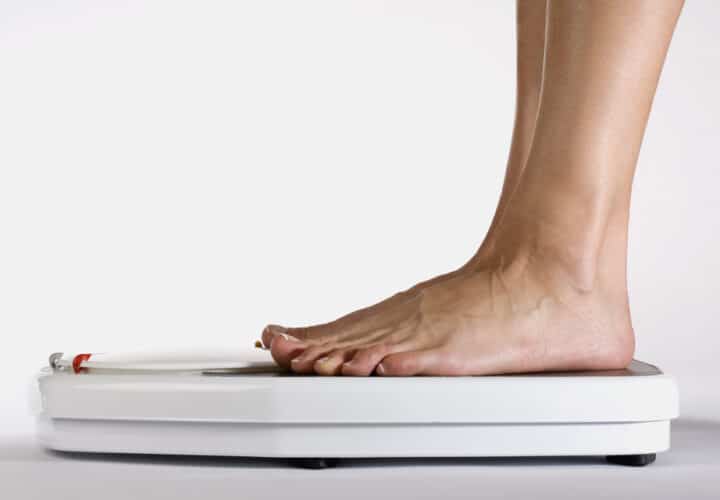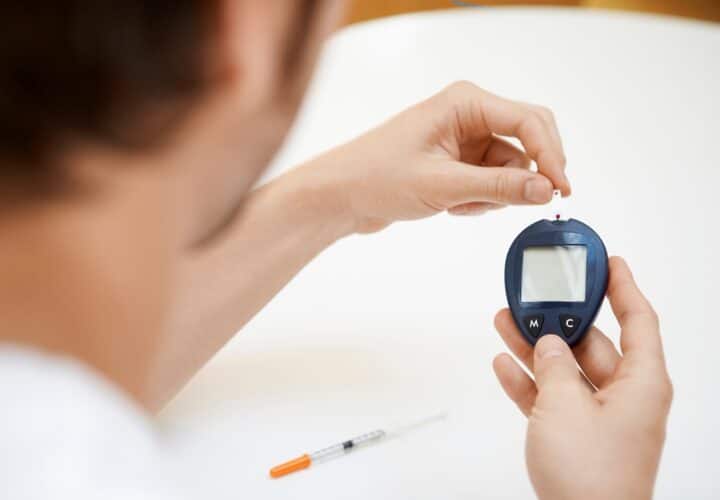Researchers in Asia shed light on how blood sugar levels in diabetes affects the brain.
It turns out that blood sugar that’s too high or too low may have a negative impact on brain health. In separate studies, researchers in Korea looked at people who have blood sugar disorders like type 2 diabetes or hypoglycemia, and found strong correlation to the development of dementia in later years.
When blood sugar is too high
One study, conducted by Kim Nah-hee at Korea University Ansan Hospital and Kim Seon-mee at Korea University Guro Hospital, sought to better understand the risk factors for dementia and younger-onset dementia among diabetes patients in Korea.
The study drew from government-operated health insurance program data that covers approximately 97 percent of the Korean population. The researchers pulled data from 1.9 million people aged 40 or older who had diabetes, and followed them for up to six years.
Of those 1.9 million people with diabetes, researchers found that approximately 90,000—or about 5 percent—developed some form of dementia within the study period.
Type 2 diabetes involves cells not responding to insulin properly. Insulin is a hormone that manages blood sugar levels. In type 2 diabetes, the pancreas attempts to produce more insulin, which results in levels of blood sugar that are too high. Past research has shown that having type 2 diabetes leads to a two-fold increased risk of developing Alzheimer’s.
When blood sugar is too low
A second study led by Han Seung-jin at Ajou University Hospital looked at patients with a history of low blood sugar, or hypoglycemia, and found that they too have a higher risk of dementia.
This study used data from the Korean National Health Insurance Service Senior cohort, which includes approximately 10 percent of all senior citizens in South Korea. The team followed approximately 6,000 patients who had had at least one episode of hypoglycemia. They reported an increased risk for all causes of dementia compared to those who had never had a low blood sugar event.
The researchers said in a news release that while type 2 diabetes is widely associated with an increased risk for dementia, the impact of hypoglycemia is still controversial.
“Our findings suggest that patients with a history of hypoglycemia have a higher risk for dementia,” the researchers said. “This trend was similar for Alzheimer’s dementia and vascular dementia, which are the two most important subtypes of dementia.”
These research papers provide additional evidence to the growing belief that paying attention to biomarkers such as blood sugar levels and blood pressure may delay the development of Alzheimer’s and other forms of dementia.





